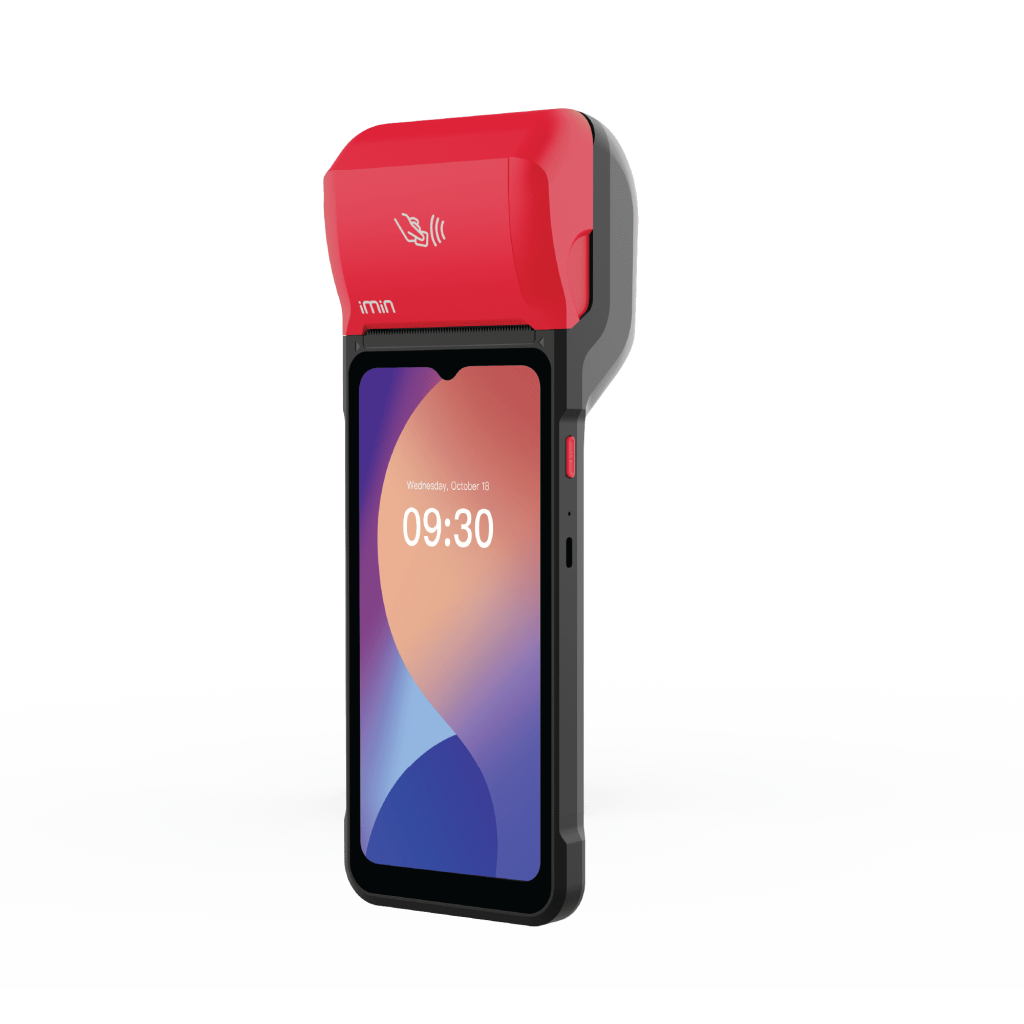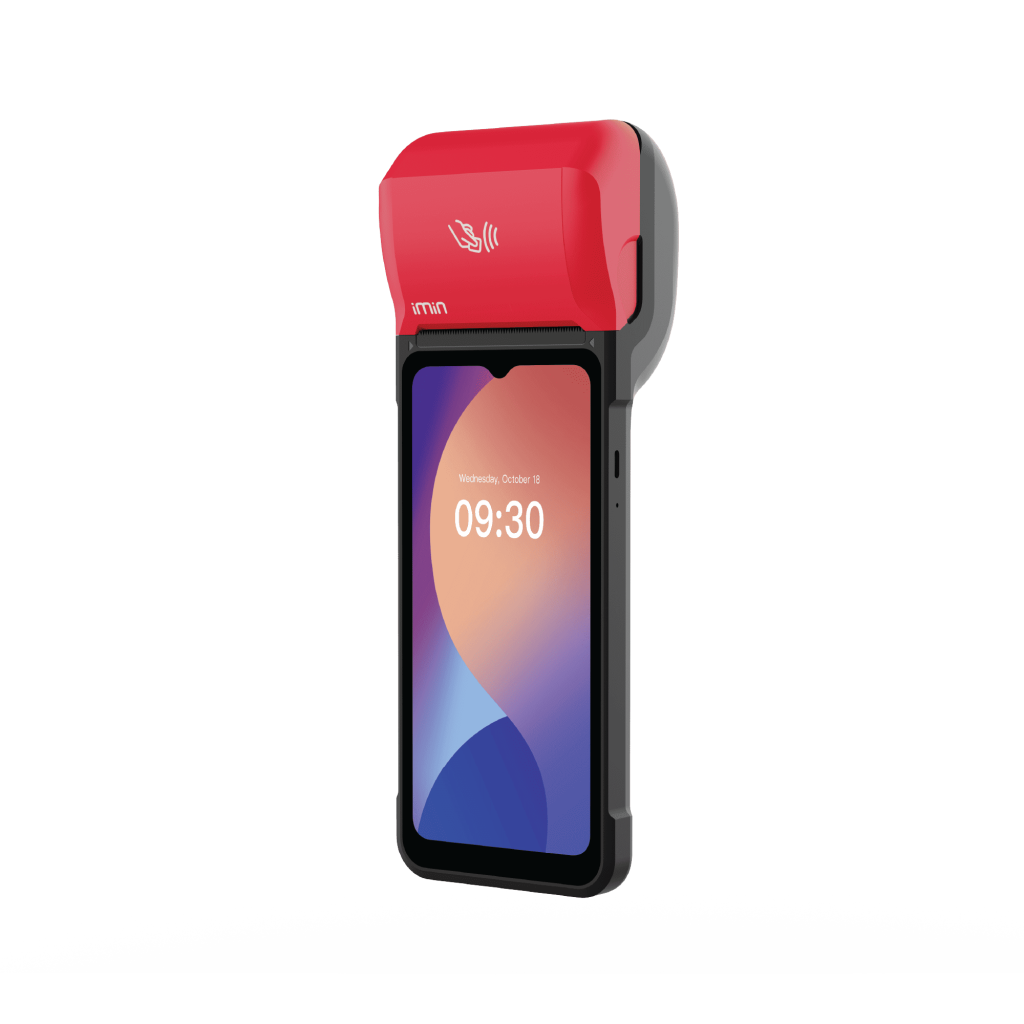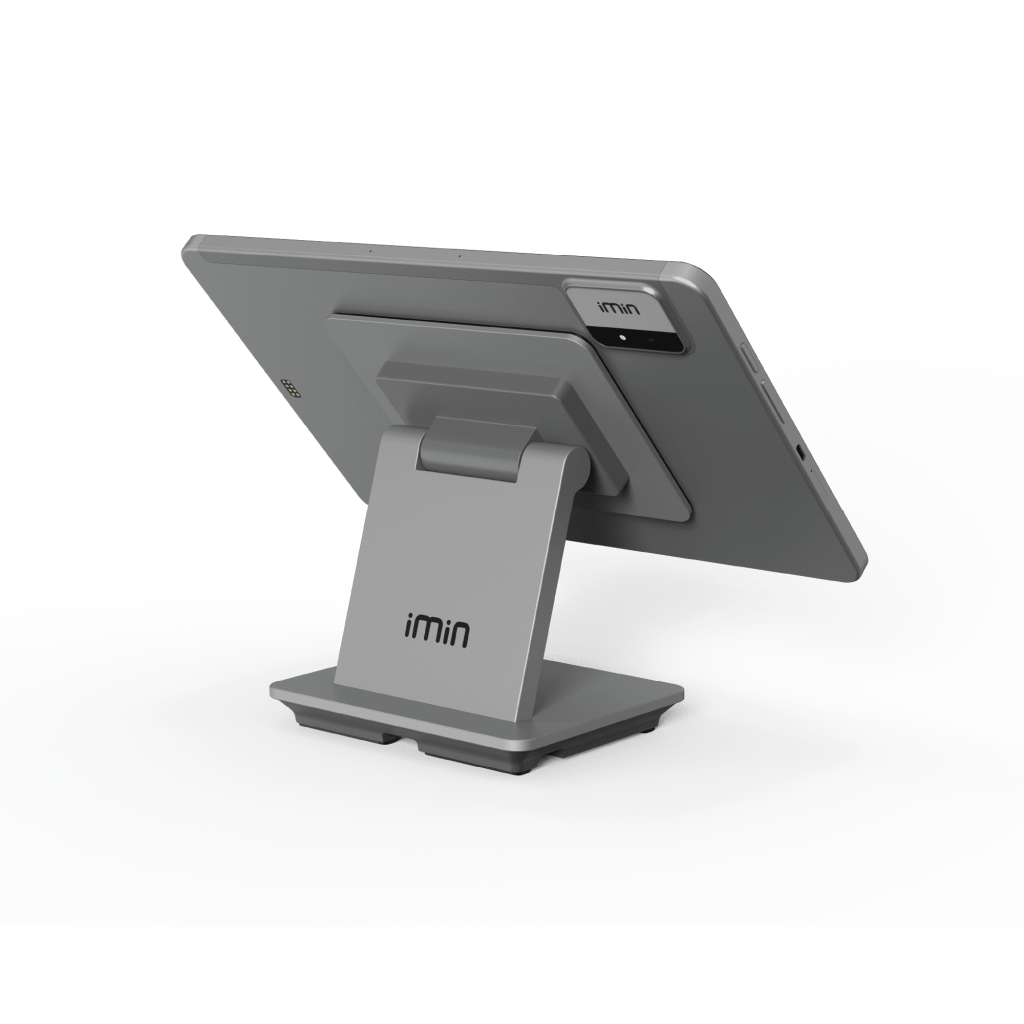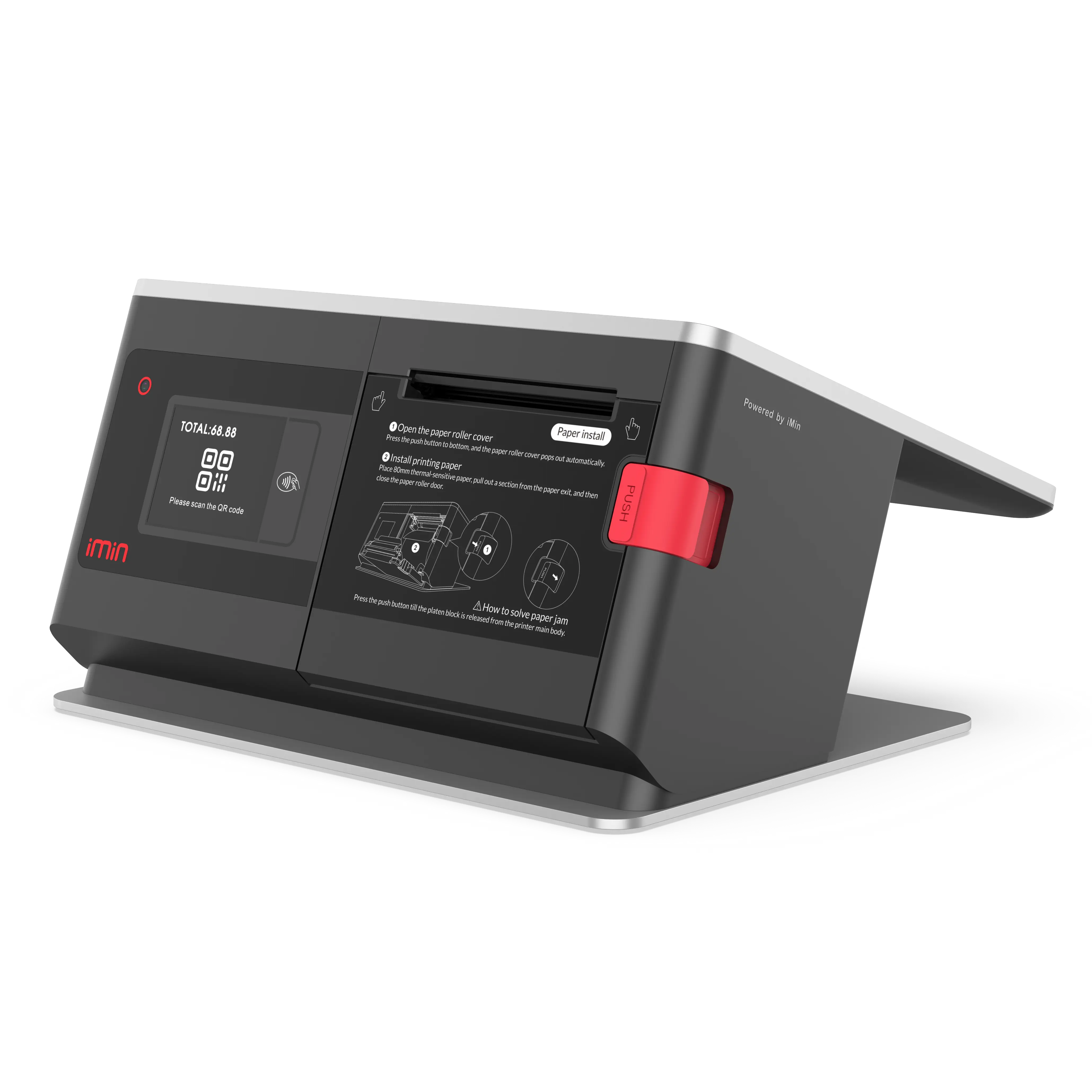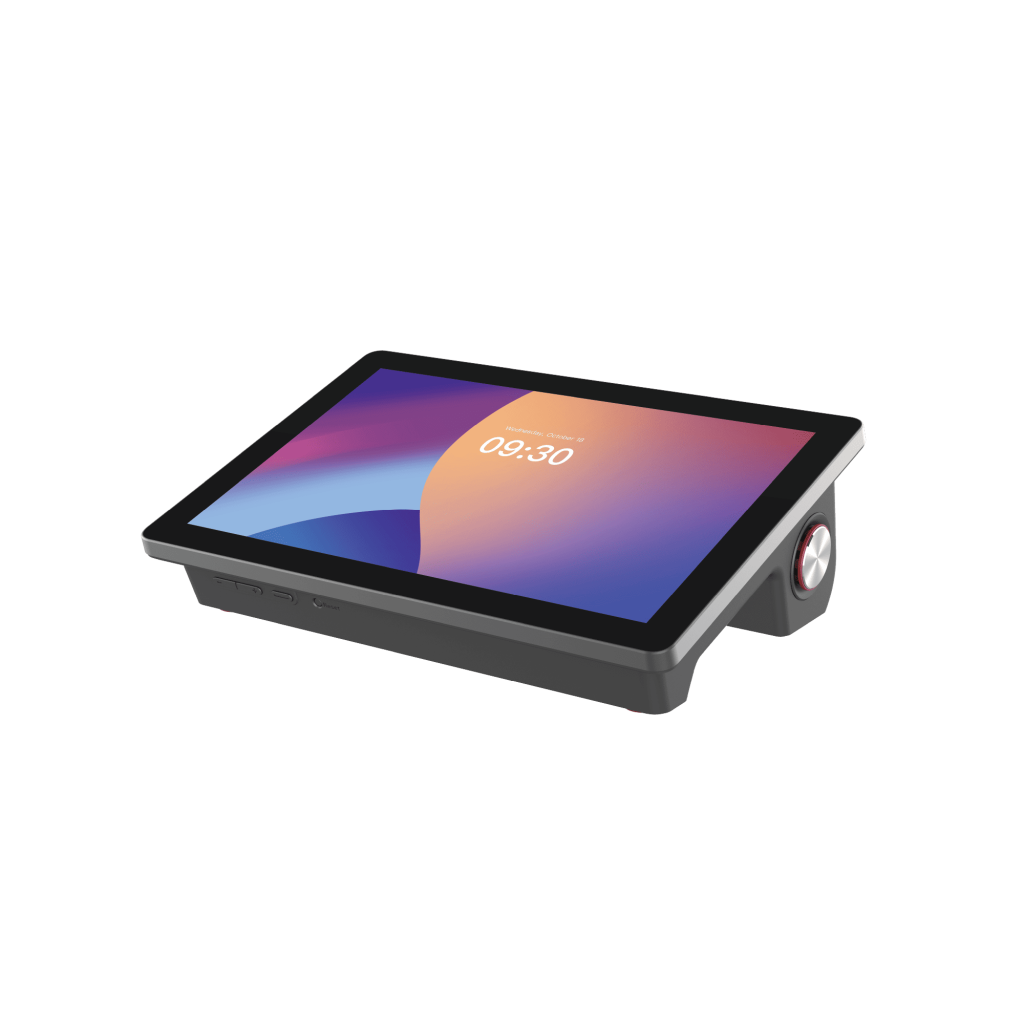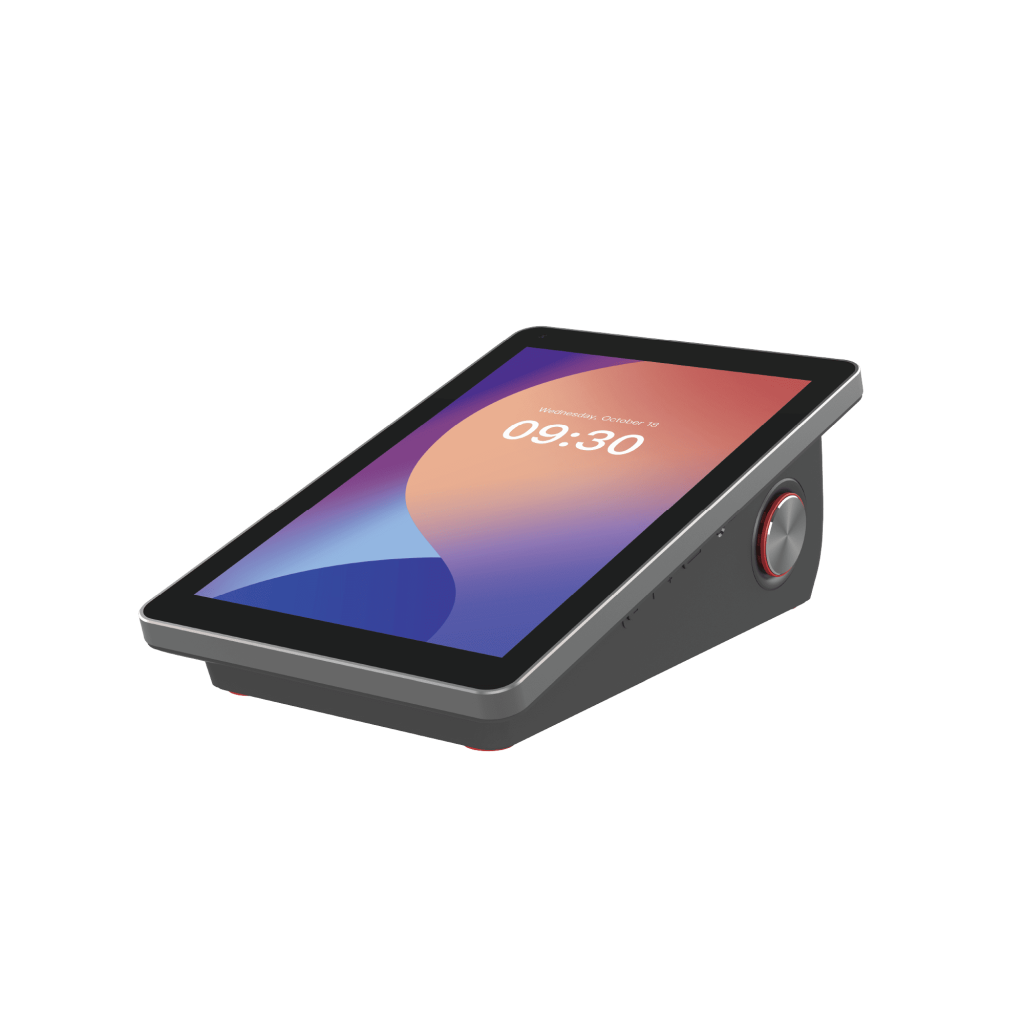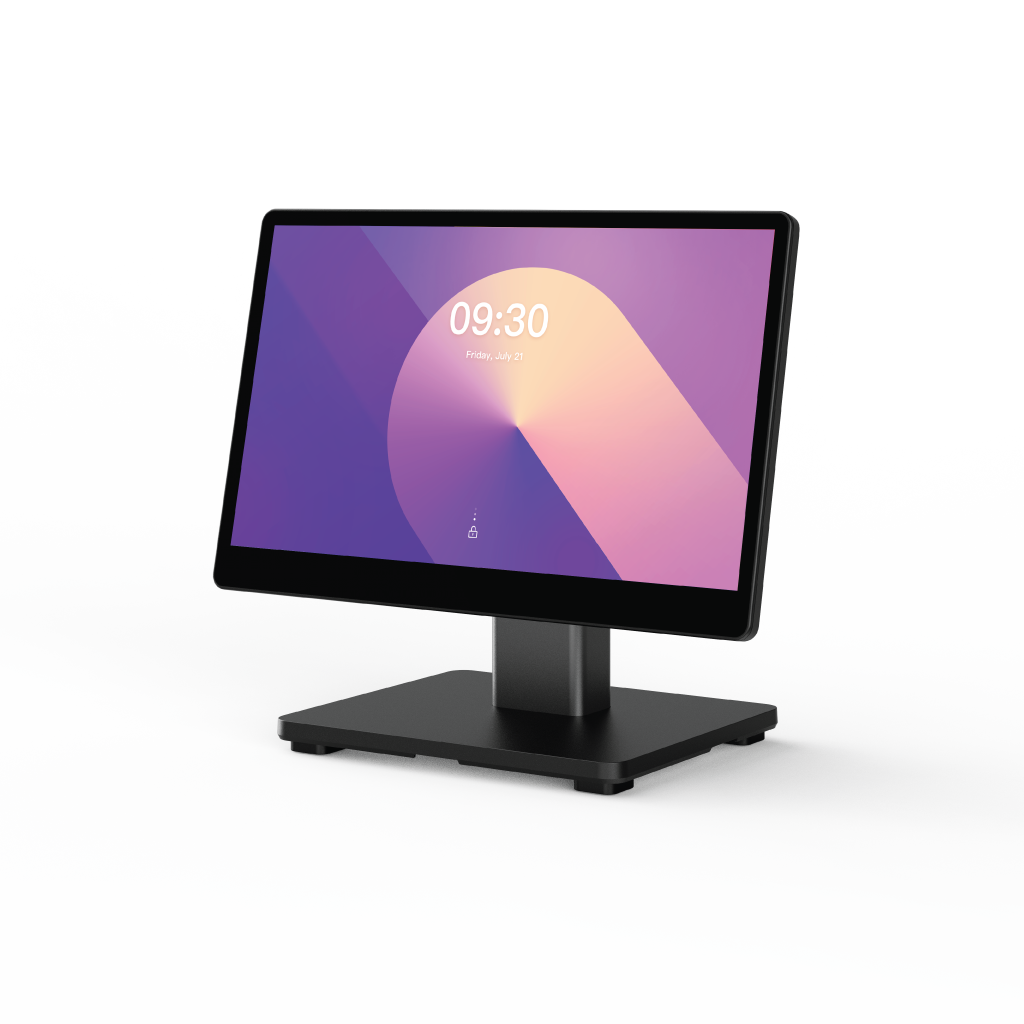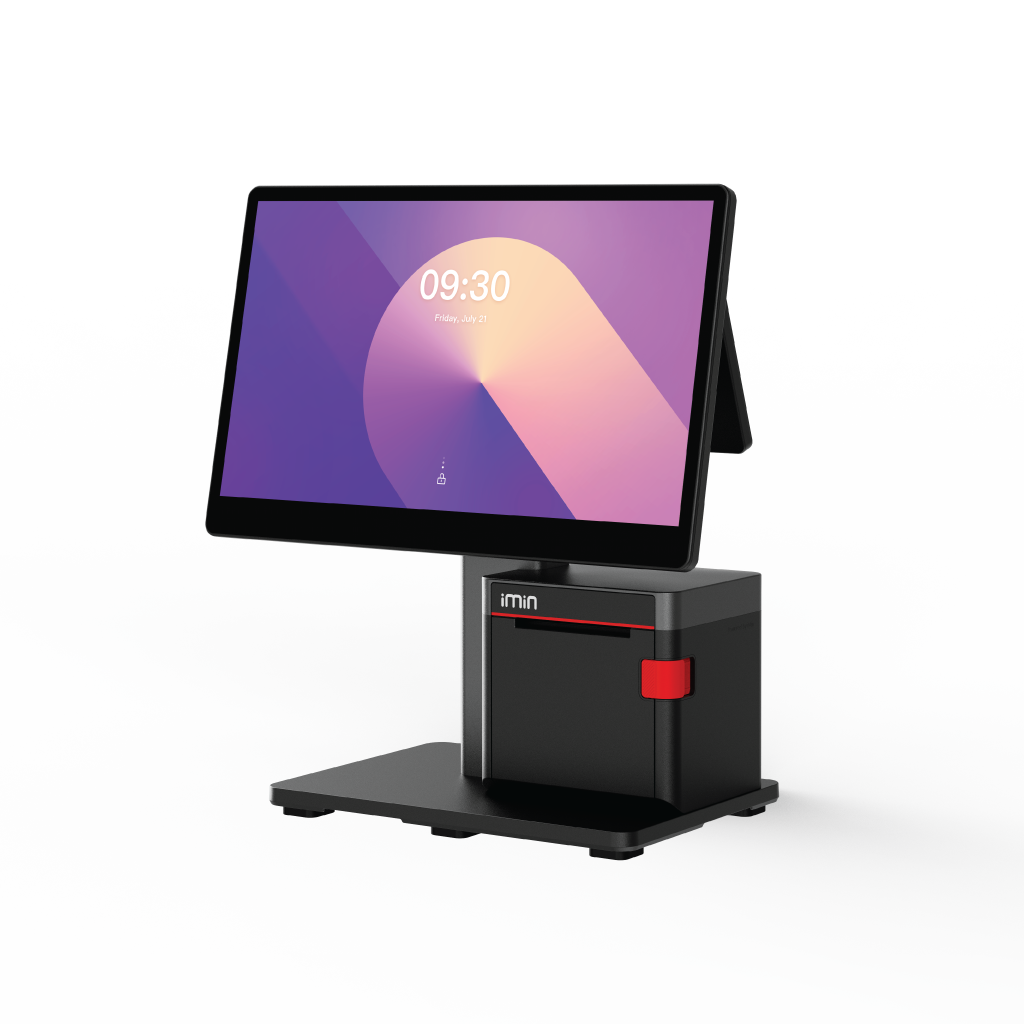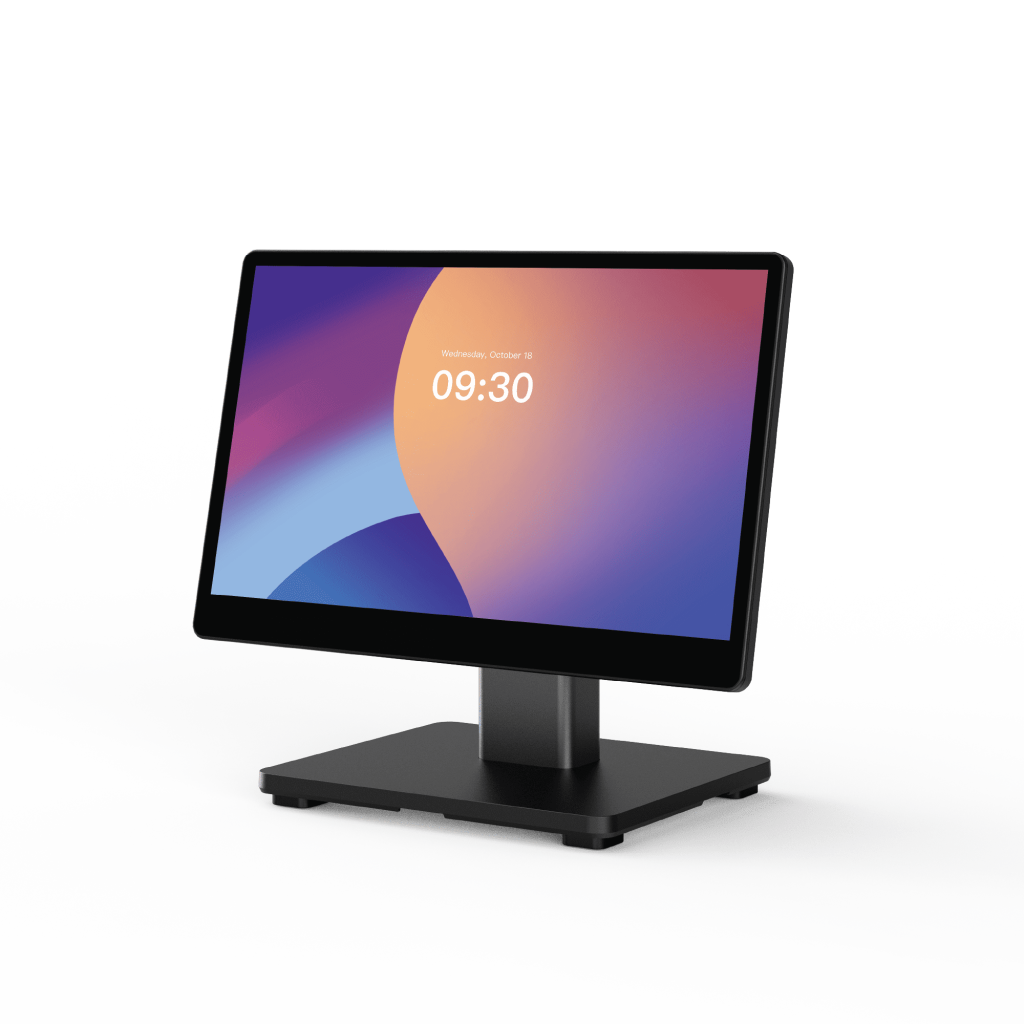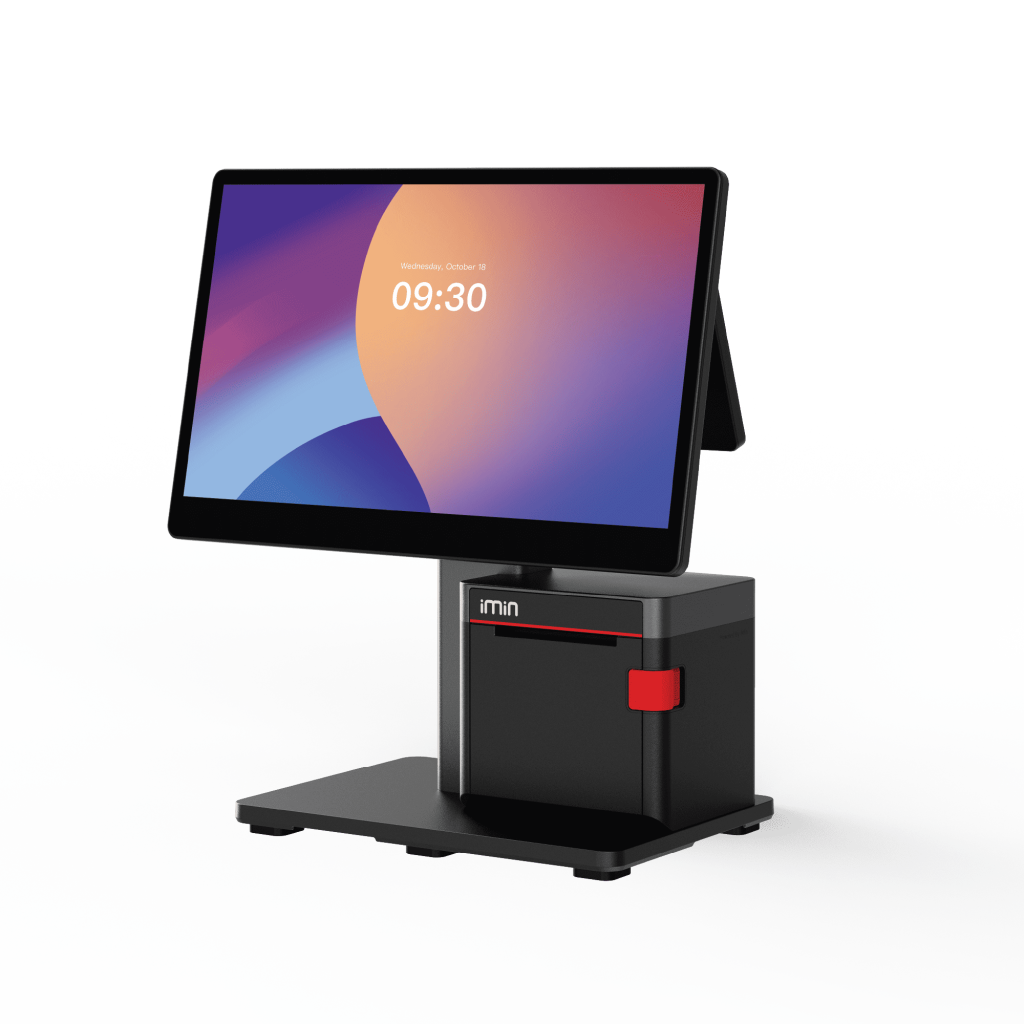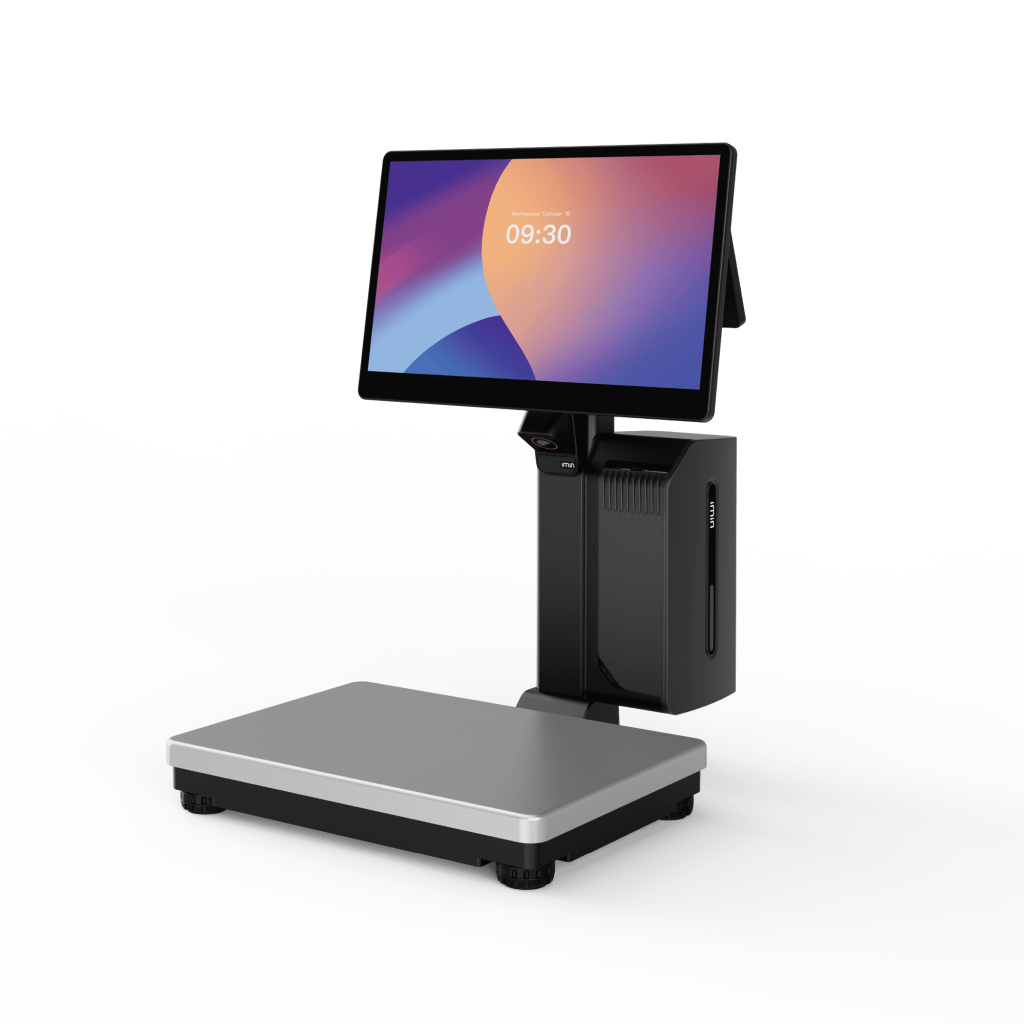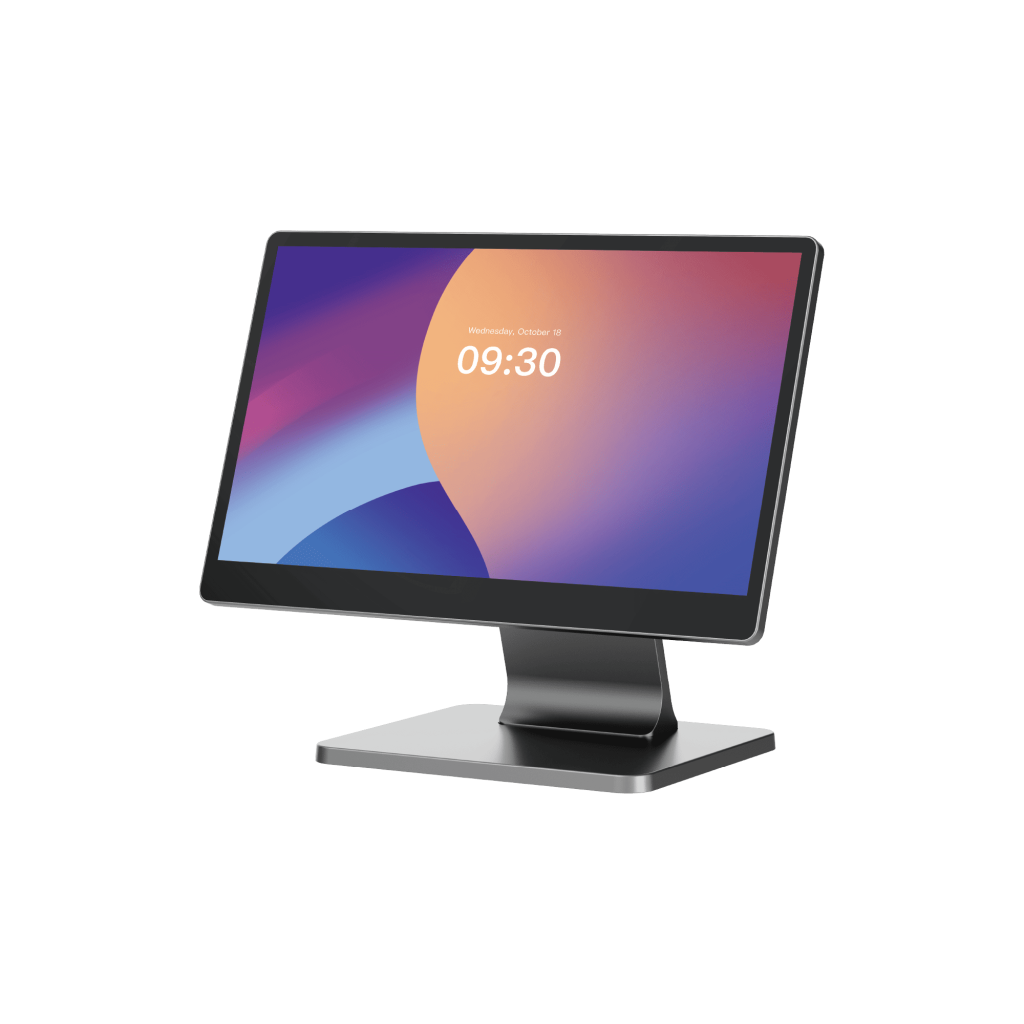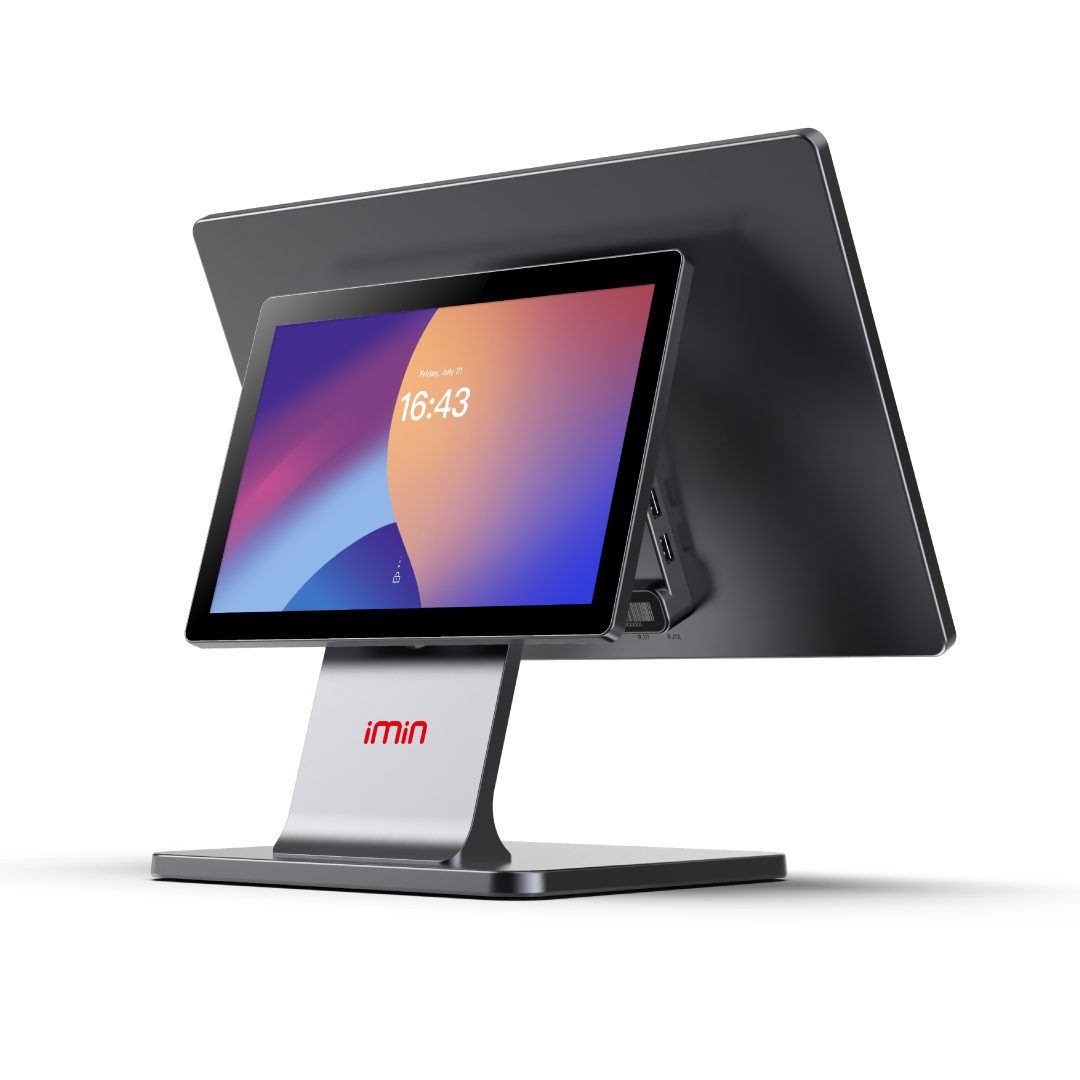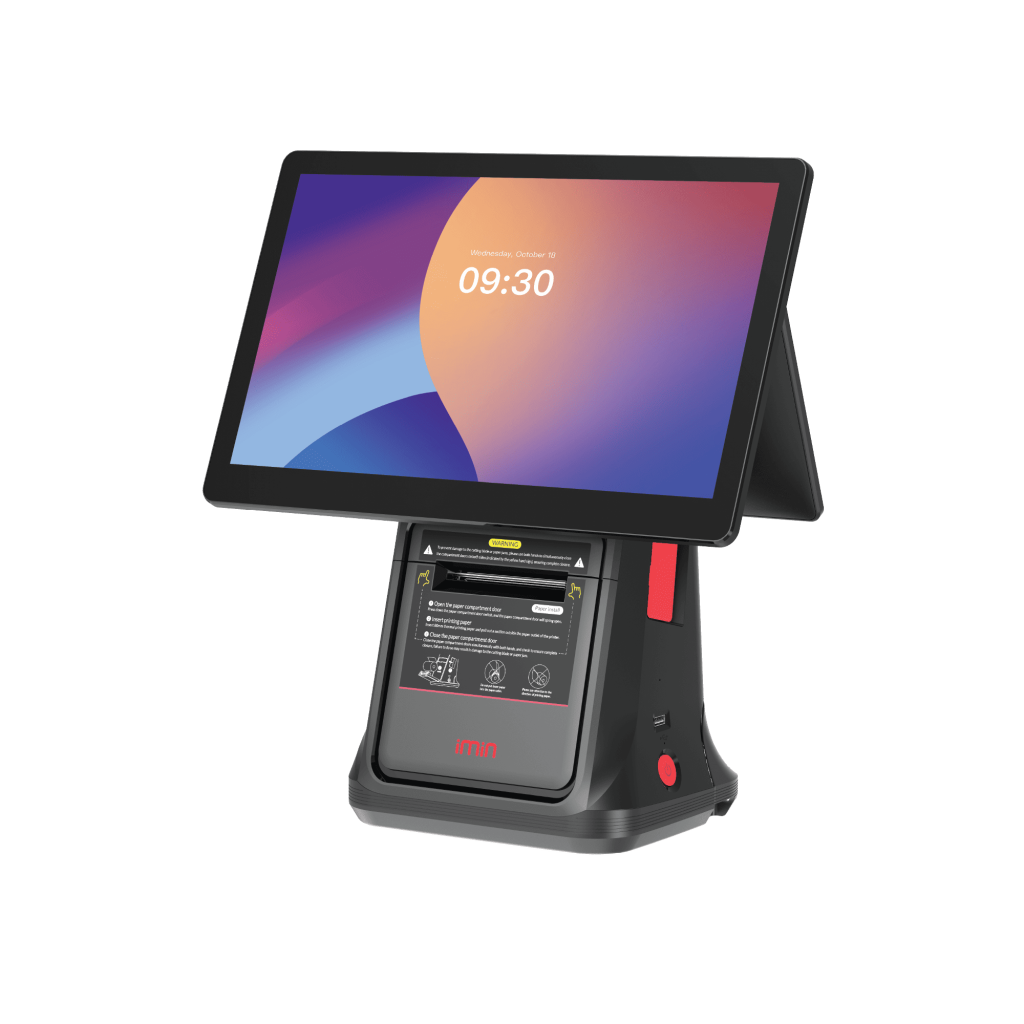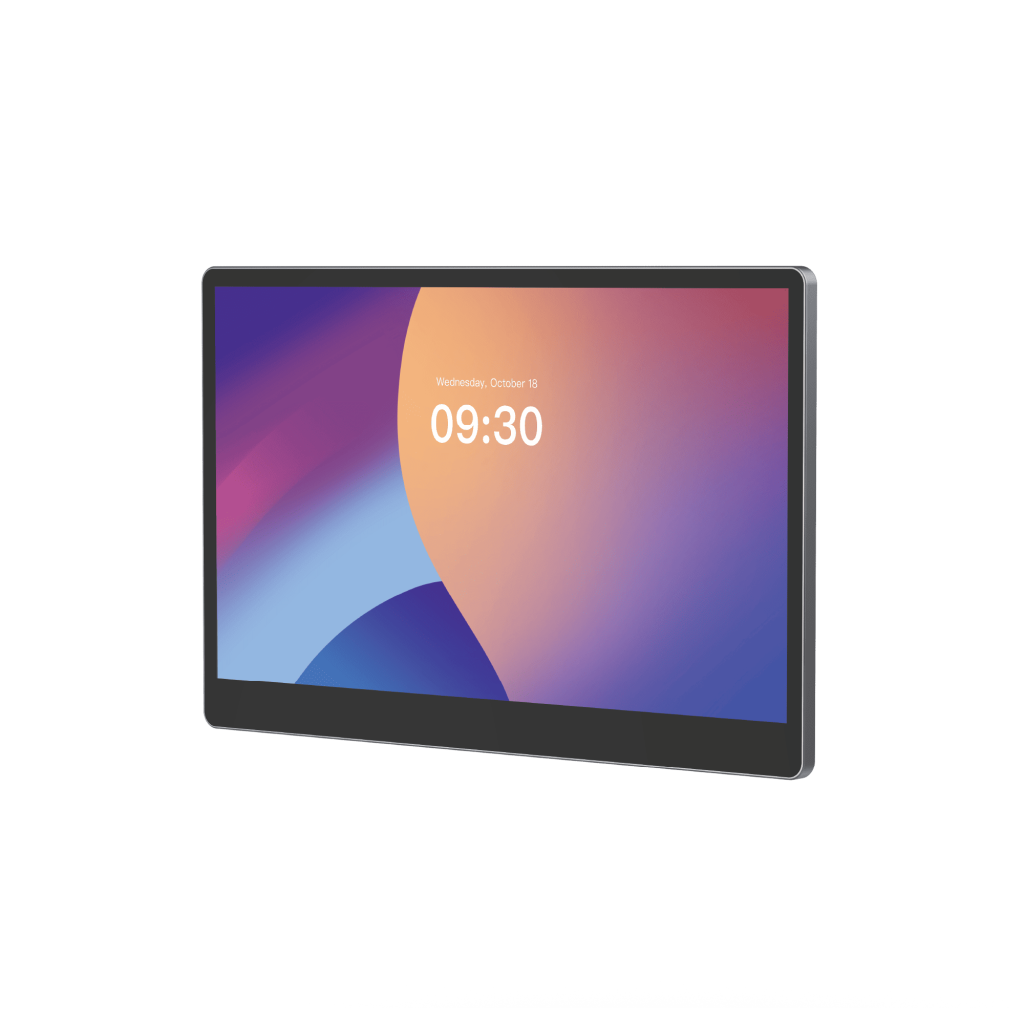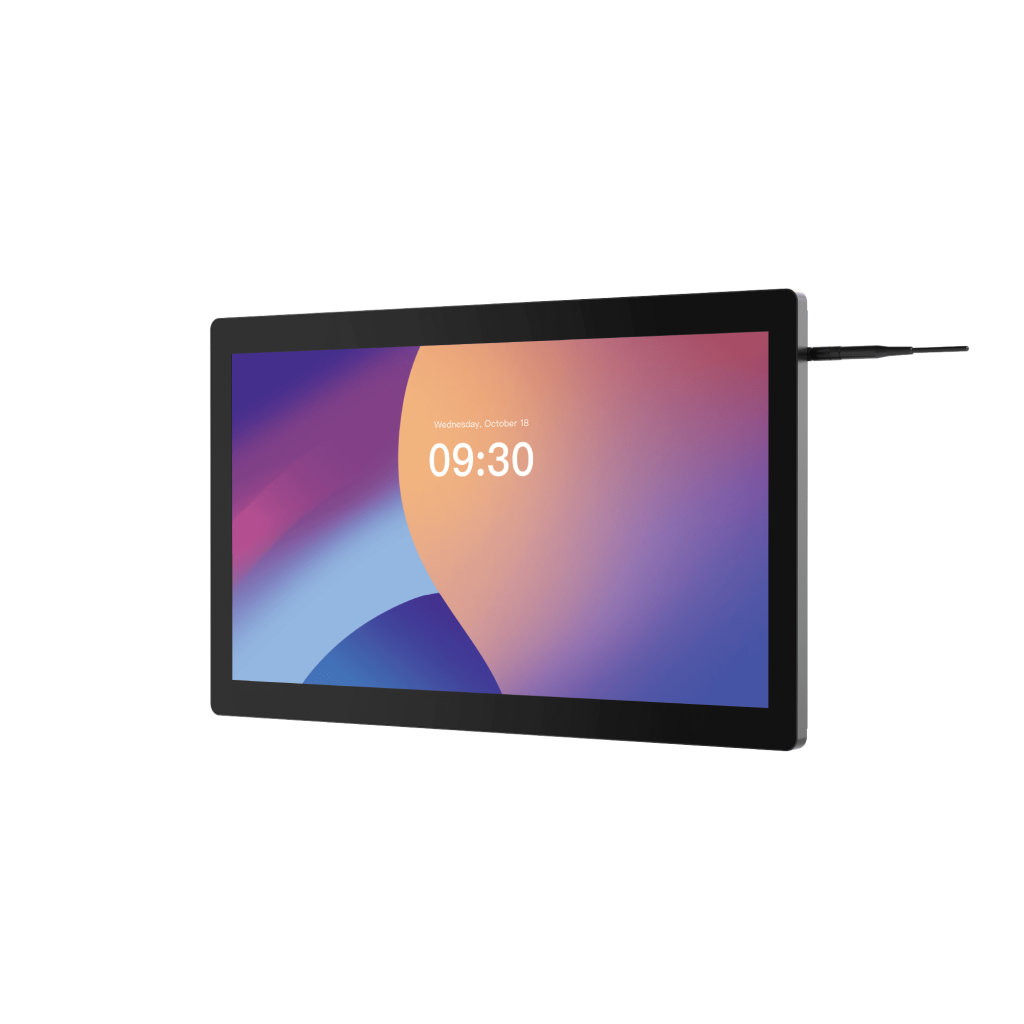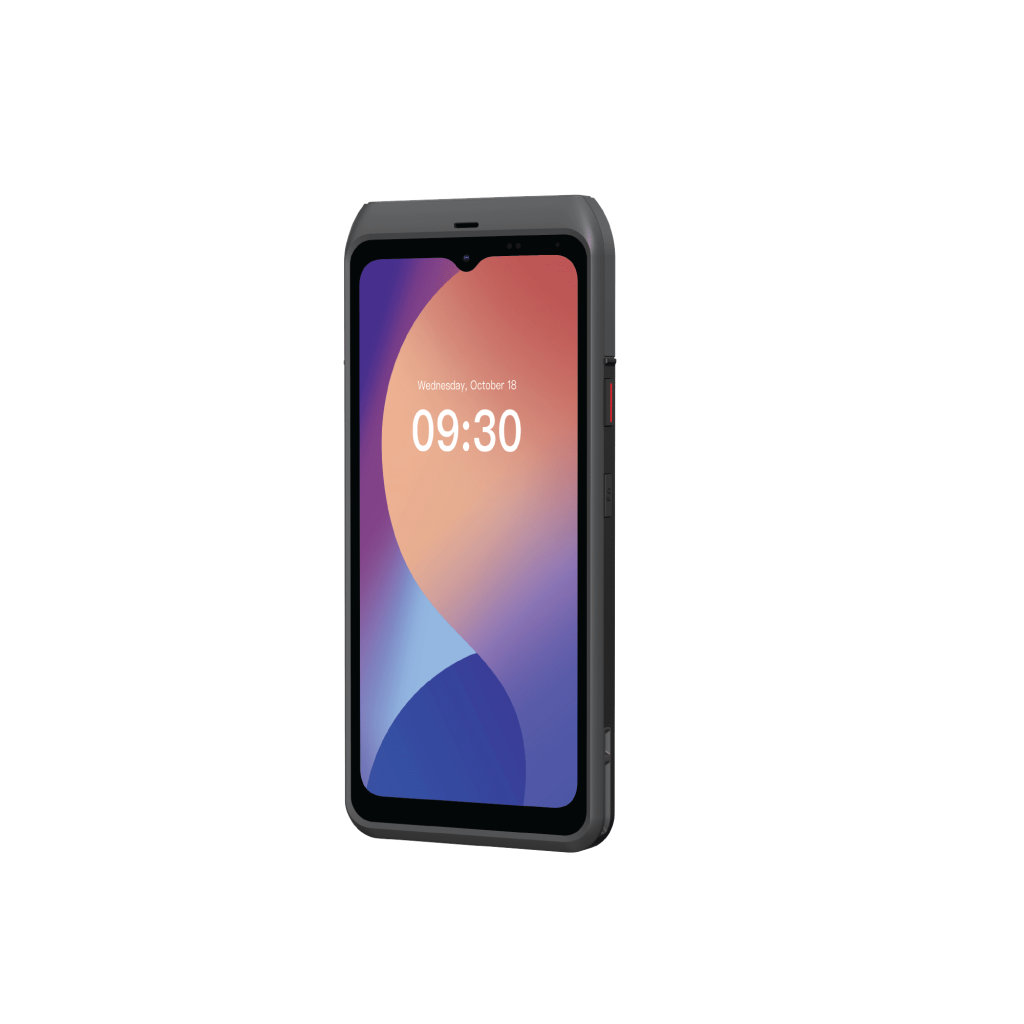Subscribe to newsletter
Check out our POS product lineup
In the fast-paced world of modern business, adaptability and efficiency have become paramount to success. One of the most transformative innovations in the retail industry has been the introduction of wireless Point of Sale (POS) devices. These portable and cutting-edge tools have revolutionized the way businesses handle transactions, manage inventory, and interact with customers. In this article, we will explore the benefits of wireless POS devices and how they have become a game-changer for both small businesses and large enterprises alike.
How does a wireless POS machine work?
Wireless POS machines, commonly mobile devices or handheld POS devices, operate on advanced technologies that facilitate seamless transactions and data processing. Let’s delve into how these innovative devices work:
At the core of the wireless POS terminal’s functionality is its ability to establish a secure and reliable connection to the business’s backend systems and payment gateways. These devices typically utilize wireless communication protocols such as Wi-Fi, Bluetooth, or cellular networks (3G/4G/5G) to establish this connection.
Wi-Fi: Wireless POS machines can connect to the store’s Wi-Fi network, enabling fast and stable communication with the central server and other networked devices. This is ideal for businesses with a fixed location and a strong and secure Wi-Fi infrastructure.
Cellular Networks: In situations where neither Wi-Fi nor Bluetooth connectivity is available, wireless POS machines equipped with cellular capabilities can connect to the internet via mobile data networks. This ensures that businesses can process transactions and access data in remote locations or during on-the-go operations.
Bluetooth: For businesses that require more mobility or operate in areas with limited Wi-Fi coverage, Bluetooth connectivity is a suitable option. The wireless POS machine can establish a direct connection with a nearby device, such as a smartphone or tablet, which serves as a gateway to transmit data to the backend systems.
During transaction processing, sales associates scan items or manually input product details, and customers can choose from various payment options. The machine encrypts payment data before sending it to the processor for authorization. Upon approval, a digital or printed receipt is generated for the customer. In addition, wireless POS machines synchronize data in real-time or at intervals with the central database and other systems, ensuring up-to-date inventory levels, sales figures, and customer information for comprehensive and advanced reporting features to facilitate better decision-making. This is essential for high-volume businesses.
The benefits of Wireless POS Devices
Enhanced Mobility:
One of the primary advantages of wireless POS devices is their mobility. Traditional fixed cash registers restrict employees to a confined space, causing long queues during peak hours and diminishing the overall customer experience. With wireless POS devices, transactions can take place anywhere in the store, providing greater flexibility for staff to attend to customers promptly and efficiently. Additionally, businesses can take advantage of pop-up shops, coffee shops, markets, and events without the need for elaborate setups, making it easier to expand their reach.
An example of this would be iMin’s Swift 1 Mobile POS device – a lightweight and versatile mobile POS solution that acts as a payment processor, receipt printer and even QR or barcode scanner when equipped with different types of modules. The useful handheld device is an extremely effective assistant for your business, given its ability to process all forms of payment – credit cards, digital wallets or mobile wallets like Google Pay.
Improved Customer Experience:
Customer satisfaction is the lifeblood of any successful retail business. Wireless POS devices allow sales associates to engage with customers on the sales floor, offering personalized assistance and recommendations based on their preferences. With instant access to real-time inventory data, staff can promptly check product availability, enabling them to save the sale by suggesting alternative items or ordering out-of-stock products for delivery. This seamless and interactive shopping experience fosters customer loyalty and encourages repeat visits.
Faster Checkout Process:
Long queues at the checkout counter are a major turn-off for customers. Wireless POS devices enable businesses to reduce wait times significantly. By accepting payments anywhere in the store, customers can complete their purchases without having to wait in line. This not only saves time for customers but also increases the overall throughput, allowing businesses to serve more customers in a shorter amount of time. Accompanied with the increased adoption of contactless payments and mobile payments, the checkout process can really become a smooth experience for customer payment, enhancing customer service towards their loyal patrons.
Real-Time Inventory Management:
Accurate inventory management is crucial for maintaining a successful retail operation. Wireless POS devices keep track of inventory levels in real-time, ensuring that businesses always know the stock status of each product. This information empowers managers to optimize stock levels, reorder products in a timely manner, and avoid stockouts. By having a better understanding of customer demand and trends, businesses can make more informed decisions, reducing carrying costs and maximizing revenue.
Enhanced Security:
Wireless POS devices come equipped with advanced security features to protect sensitive customer data and payment information. Third-party integrations and POS software provides encryption and tokenization technologies that ensure data is transmitted securely, reducing the risk of fraud and identity theft. Moreover, these devices facilitate compliance with industry standards and regulations, instilling confidence in customers that their personal information is safe during transactions.
Streamlined Business Operations:
Integrating wireless POS devices with other business systems, such as accounting tools, loyalty programs, customer relationship management (CRM), employee management activities and inventory management software, streamlines operations and reduces the likelihood of errors caused by manual data entry. Data synchronization between different systems allows for centralized reporting and analysis, enabling business owners to gain valuable insights into their operations and make data-driven business decisions. This can greatly benefit not only retail businesses, but also the food & beverage industry where they tend to deal with a large amount of inventory.
Wireless POS devices have undeniably transformed the retail landscape,
providing businesses with a powerful toolset to optimize efficiency, improve
customer experiences, and streamline operations through their advanced
features. The enhanced mobility, improved customer experience, faster checkout
process, real-time inventory management, and enhanced security offered by
these devices have made them an invaluable asset for modern businesses. As
technology continues to
evolve, we can expect
further advancements in the wireless POS terminal, leading to even greater
convenience in processing customer transactions and functionality for both
retailers and customers. To stay ahead in the competitive retail market,
embracing wireless POS technology is no longer a luxury but a necessity.
